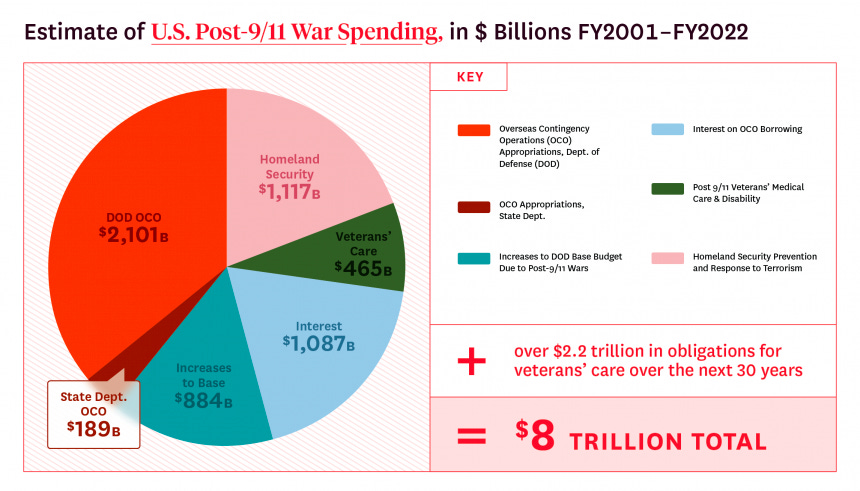Make renewable energy part of the defense budget.
America’s inability to sanction Russian oil and gas is a direct result of our failure to invest in renewable energy decades ago.
“America is addicted to oil, which is often imported from unstable parts of the world. The best way to break this addiction is through technology.”
Before I tell you who said that and when, I want to explain why I’m sharing it. It’s been more than a week since Russian despot Vladimir Putin attacked his neighbors in Ukraine, more than a week since Europe and the United States imposed some of the heaviest sanctions we’ve ever seen on Russia. Yet the sanctions, however costly, have one glaring omission: Russian oil and gas.
Global energy markets are woefully intertwined with the Russian energy sector. On one day last week alone, Europe paid Russia $720 million for gas. In the United States, Russian oil and gas account for about 8% of fuel imports in 2021. As effective as sanctions have been in crippling the Russian economy in the wake of Putin’s invasion of Ukraine, America and the world’s reliance on Russian oil and gas has left Russia hanging on to a powerful, lucrative lifeline.
Thankfully, as you read this, the Senate is fast-tracking legislation to ban Russian energy imports altogether. The Biden administration appears increasingly willing to support it. Secretary of State Antony Blinken spoke on Sunday of a “very active discussion” with European counterparts over the matter. To be clear, banning Russian oil and gas is the right move — one we should have made weeks ago. But it comes with a serious cost that Americans will feel immediately: rising energy and gas prices at home.
While nearly 80% of Americans support the measure right now, they have yet to feel the pain, particularly at a time when gas prices are already near record highs. So we’re stuck at an impasse: Taking the strategically critical step of sanctioning Russian oil and gas would impose serious costs on the U.S. economy in a way that Americans will feel immediately in their pocketbooks.
But we didn’t have to be here. We could have avoided this.
Which brings me back to that quote, above. Those words are as true today as they were when first uttered by President George W. Bush in his 2006 State of the Union address.
President Bush won’t go down in history for his advocacy for renewable energy. Rather, he’ll be remembered for the war in Iraq he started over foreign oil. Rather than investing wholesale in the research and development we would have needed to free ourselves of the addiction, Bush’s decisions dumped an estimated $8 trillion into a war that took 900,000 lives.
Imagine where we might be today if we would have invested that money into the research, development, and manufacturing capacity that would have freed us of oil and gas dependence entirely?
We’re facing the consequences twice over. The climate crisis is accelerating. We’re watching as the long-heralded climate consequences of our addiction to fossil fuels play out in wildfires, hurricanes, and tornadoes. Today, our addiction to oil and gas finds us actively subsidizing the Russian war machine.
Even so, we seem stuck on the same disastrous short-termism that left us in Iraq for nearly two decades. You hear it in the straw man arguments of security analysts who deliberately confuse the timescales. They argue that because we are nowhere near the renewable energy infrastructure we need to achieve energy independence today, that we should be investing in yet more fossil fuel infrastructure. They point to projects like the Keystone XL pipeline as the key to energy security. But their logic just pushes us further into the quagmire we’re already in. Of course we don’t have the renewable energy infrastructure we need, we never invested in it! Failing to invest yet again, will leave us where we find ourselves yet again.
The crux of the problem here is that we don’t treat renewable energy as the national security issue that it is — that it always has been. Whether it's starting wars we can’t end, or failing to end wars we didn’t start — our addiction to oil and gas keeps getting in the way.
So here’s a proposal: perhaps it's time to relabel renewable energy investment as the matter of national security it so clearly is. Let’s include it in the annual National Defense Authorization Act through which we fund the rest of our national security interests. After all, that bill seems to grow every year, and it always garners broad bipartisan support.
That way, rather than throwing money at a military that fights wars, we can invest in the resources that can prevent them in the first place — and maybe save our planet while we’re at it.






Thank you. Shifting funds from inciting wars to protecting earth and investing in our country, makes even more sense now.
Even military officials have declared that climate change is a national security emergency that could not harm the country but the country's military bases (which some need to be renamed cause why name them after enemies of the union?) could be in danger from extreme climate effects.
So that would be something significant to get into those amendments.